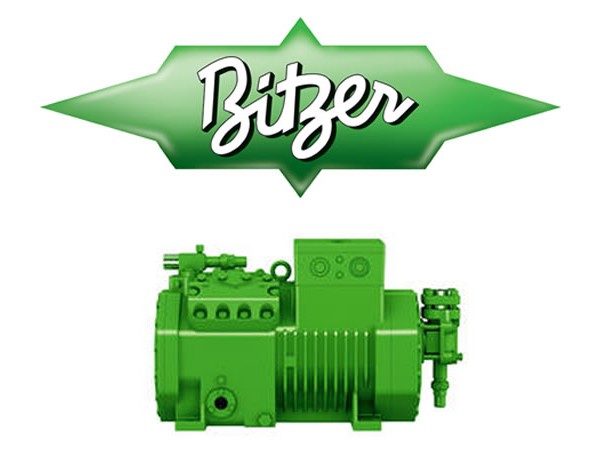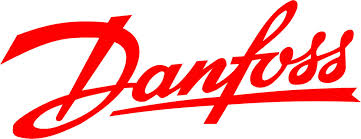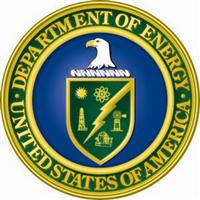Magnetic Refrigeration for wine coolers
USA – A magnetocaloric wine chiller prototype was unveiled this week at the Consumer Electronics Show (CES) in Las Vegas.
The magnetocaloric heat pump incorporated in the Haier wine cooler is the result of collaboration between international technology companies ASTRONAUTICS CORPORATION OF AMERICA and the chemical company BASF. It was presented at CES LAS VEGAS from January 6 to January 9.
Magneto technology is based on the fact that the magnetocaloric materials heat up in the presence of a magnetic field and cool down when the field is removed.
This magnetic refrigeration is one of a number of technologies which are considered to be potential future replacements for current vapor compression systems and are a more effective and greener alternative.
However, one of the main stumbling blocks in its development was the difficulty in finding effective magnetocaloric materials (rare and expensive minerals are often the subject of research) to produce a system that would be commercially viable in terms of size, weight and cost .
BASF technology is based on manganese and iron, which are both abundant and affordable materials. The technology was developed by BASF in partnership with Delft University Of Technology in the Netherlands.
BASF says its high performance materials have optimum magnetocaloric properties over the entire range of temperatures relevant to the refrigeration process and also display high volume stability under operating conditions. The materials will be sold under the brand name QUICE.
“Our latest generation of materials is based on alloys of manganese, iron, silicon and phosphorus,” said the BASF spokesman, VANESSA HOLZHAEUSER.
“In addition to the relative abundance and low cost of the material, it has high entropy and undergoes moderate adiabatic temperature change in magnetic fields, and at a specific temperature. By changing the composition of the alloy, the transition temperature can be adjusted according to the requirements of the device. The system builder uses a cascade of our alloy to achieve the desired temperature. ”
“Together with our research colleagues who are well-experienced in functional materials as well as in systems solutions and modelling, we developed this innovative class of materials,” explains Andreas Riehemann, Managing Director of BASF New Business GmbH. “Together with our partners we can develop tailor-made functional materials for our customers’ cooling applications.”
The wine cooler is designed to reach a temperature of 8 ° to 12 ° C (45 to 52º F) in a normal room temperature environment.
“By operating an integrated wine cooler prototype we demonstrate that magnetocaloric technology has the potential to revolutionize the cooling industry,” says Dr. Steven L. Russek, Director of the Astronautics Technology Center in Madison, Wisconsin. Using BASF’s magnetocaloric materials, Astronautics developed the magnetocaloric heat pump and along with Haier integrated it into the prototype wine cooler. Theoretical studies, carried out by BASF, demonstrate that refrigeration systems based on the magnetocaloric effect can be up to 35% more energy-efficient than vapour compression systems. Furthermore, cooling systems based on magnetocaloric materials will operate with less noise due to the absence of a compressor. This technology makes use of water-based coolants instead of gaseous refrigerants.
Haier contributed their knowledge of household appliances and led the prototype development of the wine cooler which is now equipped with the magnetocaloric heat pump.
The investment in the world’s first magnetocaloric wine cooler symbolizes Haier’s determination to be truly customer-focused and forward-thinking,” said Dr. Tao Xie, Director of Disruptive Technology of the Haier America Tech Center in Evansville, Indiana.
“We are constantly challenging ourselves for disruptive ways to deliver new user experiences and be socially responsible for the community and the environment. The magnetocaloric wine cooler prototype shows great promise to help our customers save energy, cut utility bills, and reduce operating noise. As an environmentally friendly technology that produces zero ozone depleting gases or greenhouse gases, it is a technology Haier is aggressively pursuing.”
Haier plans on introducing the technology into the market within the next couple of years providing a compressor free cooling alternative.















